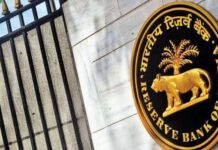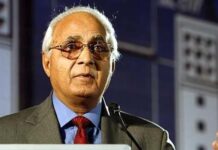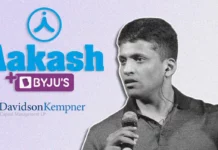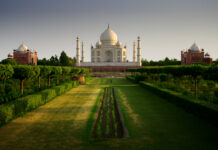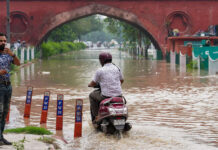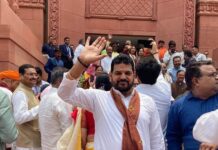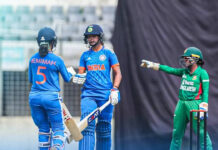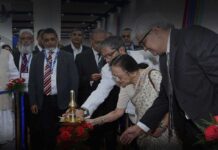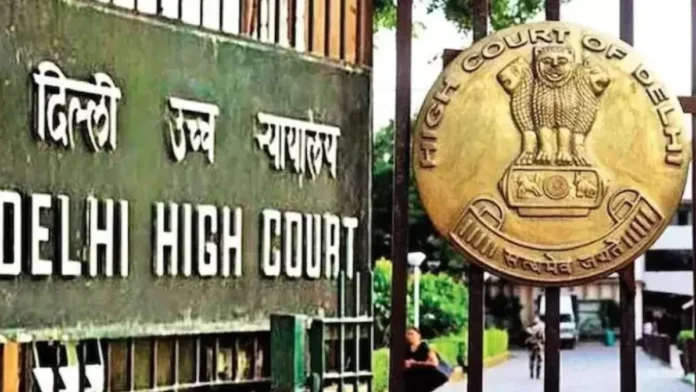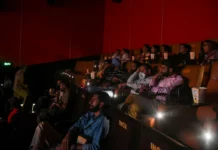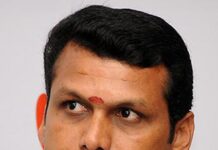The Indian government has dismissed a documentary titled “India: The Modi Question,” produced by the British Broadcasting Corporation (BBC), as “propaganda.” The film focuses on the 2002 Gujarat riots, which occurred during Prime Minister Narendra Modi’s tenure as the Chief Minister of the state. In response, a Gujarat-based non-governmental organization (NGO) has filed a defamation suit against BBC, leading to the Delhi High Court issuing a notice to the UK’s national broadcaster.
The government has criticized the documentary, labeling it as “propaganda” and indicative of a “colonial mindset.” In January, the government issued directives to YouTube, requesting the removal of copies of the film, and to Twitter, urging the deletion of related posts. It argued that the documentary propagated a “discredited narrative” and emphasized that the Supreme Court had already cleared Prime Minister Modi of any wrongdoing in relation to the Gujarat riots.
BBC, on the other hand, has maintained that the film was extensively researched and adhered to the highest editorial standards. However, Justice On Trial, the NGO filing the defamation suit, alleges that the documentary defames the people of India and tarnishes the country’s reputation, judiciary, and the Prime Minister. Senior advocate Harish Salve, representing the NGO in the high court, argued that the entire system, including India’s judicial framework, has been defamed.
During the court proceedings, Justice Sachin Datta orally issued a notice to the respondents, instructing them to respond through all available means. The next hearing on the matter is scheduled for September.
In February, the Supreme Court dismissed a public interest litigation (PIL) that sought to ban BBC in India amidst the controversy surrounding the documentary. The bench of justices Sanjiv Khanna and MM Sundresh deemed the PIL “completely misconceived” and without merit. Additionally, in February, the income tax department conducted a “survey” of BBC offices in Delhi and Mumbai, sparking a political dispute. Opposition parties criticized the action, connecting it to the broadcasting of the two-part documentary by BBC. The documentary referenced a previously unpublished report from the UK foreign ministry that questioned Prime Minister Modi’s actions during the Gujarat riots.
As the legal battle unfolds, the notice issued to BBC by the Delhi High Court brings attention to the ongoing controversy surrounding the documentary “India: The Modi Question.” The outcome of the defamation suit and the ensuing court proceedings will shape the narrative and determine the consequences for all parties involved.
The legal battle surrounding the documentary “India: The Modi Question” continues to unfold, with the Delhi High Court issuing a notice to the British Broadcasting Corporation (BBC) in response to a defamation suit filed by a Gujarat-based non-governmental organization (NGO). The documentary, which focuses on the 2002 Gujarat riots that took place during Prime Minister Narendra Modi’s tenure as Chief Minister of the state, has been a subject of controversy and heated debates High Court.
The Indian government has firmly dismissed the documentary as “propaganda,” raising objections to its portrayal of the events surrounding the Gujarat riots. The government has criticized the film, labeling it as a reflection of a “colonial mindset” and asserting that it peddles a “discredited narrative.” In an effort to curb its circulation, directives were issued to video-sharing service YouTube to remove copies of the documentary and to Twitter to delete posts related to it. The government maintains that the Supreme Court has already cleared Prime Minister Modi of any wrongdoing in connection to the Gujarat riots, further challenging the credibility of the film’s claims High Court.
On the other side of the argument, BBC has stood by the documentary, emphasizing that it was rigorously researched and produced in adherence to the highest editorial standards. The network maintains that the film provides an important perspective on a significant chapter in India’s recent history. However, the NGO Justice On Trial, which has filed the defamation suit, contends that the documentary defames the people of India, impugns the reputation of the country, its judiciary, and the Prime Minister himself. Senior advocate Harish Salve, representing the NGO, has argued that the entire system, including India’s judicial framework, has been subjected to defamation through the documentary of High Court.
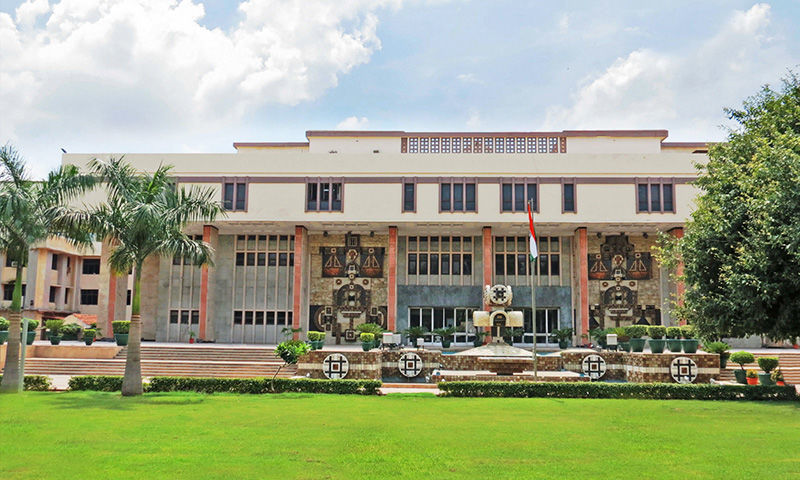 Acknowledging the gravity of the matter, Justice Sachin Datta of the Delhi High Court has issued a notice to BBC, instructing the respondents to respond through all permissible means. The court proceedings are set to continue, with the next hearing scheduled for September. The outcome of the defamation suit will carry significant implications for all parties involved and will shape the narrative surrounding the documentary and its portrayal of the events related to the Gujarat riots by High Court.
Acknowledging the gravity of the matter, Justice Sachin Datta of the Delhi High Court has issued a notice to BBC, instructing the respondents to respond through all permissible means. The court proceedings are set to continue, with the next hearing scheduled for September. The outcome of the defamation suit will carry significant implications for all parties involved and will shape the narrative surrounding the documentary and its portrayal of the events related to the Gujarat riots by High Court.
In a separate development, the Supreme Court previously dismissed a public interest litigation (PIL) seeking a ban on BBC in India. The bench of justices Sanjiv Khanna and MM Sundresh deemed the PIL “completely misconceived” and lacking merit. However, the controversy surrounding the documentary extended beyond legal proceedings. The income tax department conducted a “survey” of BBC offices in Delhi and Mumbai, which caused a political uproar. Opposition parties criticized the action, linking it to the broadcast of the documentary and raising questions about the motives behind the scrutiny. The documentary cited a previously unpublished report from the UK foreign ministry, which questioned Prime Minister Modi’s actions during the Gujarat riots, adding fuel to the already contentious debate High Court.
 As the legal battle ensues and the notice issued by the Delhi High Court awaits a response from BBC, the controversy surrounding the documentary “India: The Modi Question” continues to captivate attention. The outcome of the defamation suit and the subsequent legal proceedings will determine the consequences for all parties involved and may have a lasting impact on the perception of the events surrounding the Gujarat riots.
As the legal battle ensues and the notice issued by the Delhi High Court awaits a response from BBC, the controversy surrounding the documentary “India: The Modi Question” continues to captivate attention. The outcome of the defamation suit and the subsequent legal proceedings will determine the consequences for all parties involved and may have a lasting impact on the perception of the events surrounding the Gujarat riots.
The legal battle surrounding the documentary “India: The Modi Question” continues to unfold, with the Delhi High Court issuing a notice to the British Broadcasting Corporation (BBC) in response to a defamation suit filed by a Gujarat-based non-governmental organization (NGO). The documentary, which focuses on the 2002 Gujarat riots that took place during Prime Minister Narendra Modi’s tenure as Chief Minister of the state, has been a subject of controversy and heated debates.
The Indian government has firmly dismissed the documentary as “propaganda,” raising objections to its portrayal of the events surrounding the Gujarat riots. The government has criticized the film, labeling it as a reflection of a “colonial mindset” and asserting that it peddles a “discredited narrative.” In an effort to curb its circulation, directives were issued to video-sharing service YouTube to remove copies of the documentary and to Twitter to delete posts related to it. The government maintains that the Supreme Court has already cleared Prime Minister Modi of any wrongdoing in connection to the Gujarat riots, further challenging the credibility of the film’s claims.
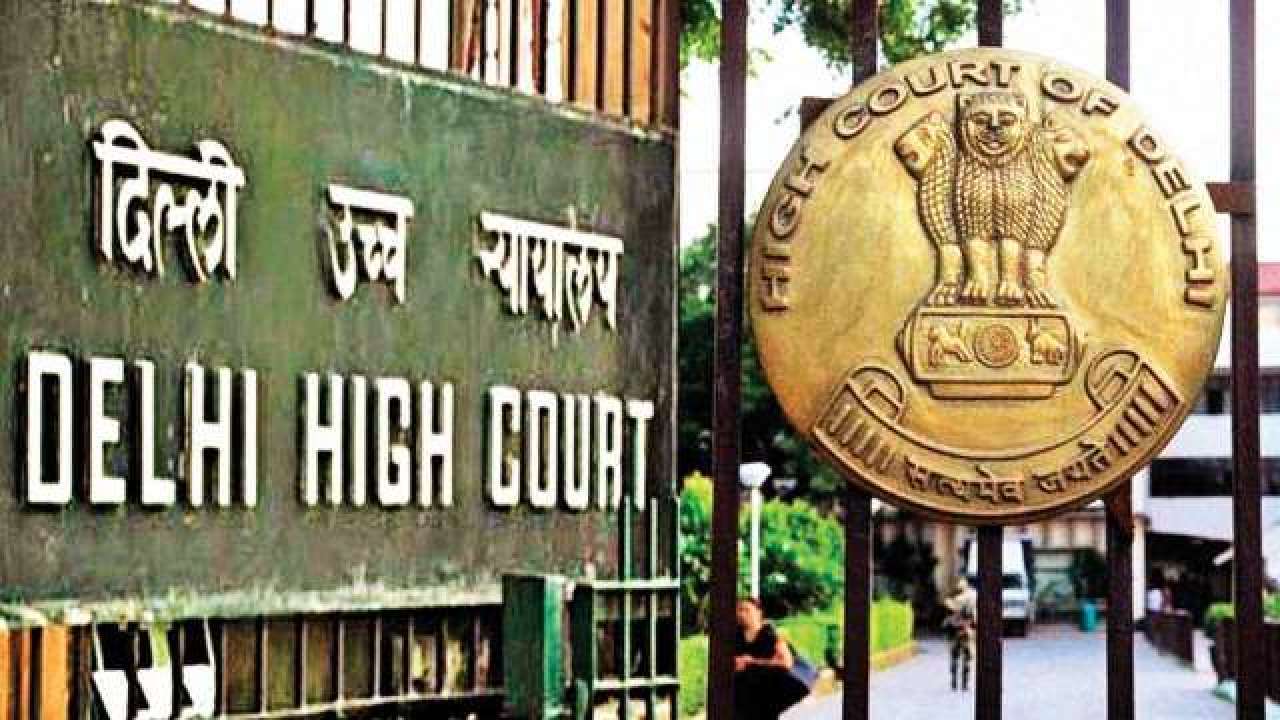 On the other side of the argument, BBC has stood by the documentary, emphasizing that it was rigorously researched and produced in adherence to the highest editorial standards. The network maintains that the film provides an important perspective on a significant chapter in India’s recent history. However, the NGO Justice On Trial, which has filed the defamation suit, contends that the documentary defames the people of India, impugns the reputation of the country, its judiciary, and the Prime Minister himself. Senior advocate Harish Salve, representing the NGO, has argued that the entire system, including India’s judicial framework, has been subjected to defamation through the documentary.
On the other side of the argument, BBC has stood by the documentary, emphasizing that it was rigorously researched and produced in adherence to the highest editorial standards. The network maintains that the film provides an important perspective on a significant chapter in India’s recent history. However, the NGO Justice On Trial, which has filed the defamation suit, contends that the documentary defames the people of India, impugns the reputation of the country, its judiciary, and the Prime Minister himself. Senior advocate Harish Salve, representing the NGO, has argued that the entire system, including India’s judicial framework, has been subjected to defamation through the documentary.
Acknowledging the gravity of the matter, Justice Sachin Datta of the Delhi High Court has issued a notice to BBC, instructing the respondents to respond through all permissible means. The court proceedings are set to continue, with the next hearing scheduled for September. The outcome of the defamation suit will carry significant implications for all parties involved and will shape the narrative surrounding the documentary and its portrayal of the events related to the Gujarat riots.
high court react to it like a exclusive issue
In a separate development, the Supreme Court previously dismissed a public interest litigation (PIL) seeking a ban on BBC in India. The bench of justices Sanjiv Khanna and MM Sundresh deemed the PIL “completely misconceived” and lacking merit. However, the controversy surrounding the documentary extended beyond legal proceedings. The income tax department conducted a “survey” of BBC offices in Delhi and Mumbai, which caused a political uproar. Opposition parties criticized the action, linking it to the broadcast of the documentary and raising questions about the motives behind the scrutiny. The documentary cited a previously unpublished report from the UK foreign ministry, which questioned Prime Minister Modi’s actions during the Gujarat riots, adding fuel to the already contentious debate High Court.
As the legal battle ensues and the notice issued by the Delhi High Court awaits a response from BBC, the controversy surrounding the documentary “India: The Modi Question” continues to captivate attention. The outcome of the defamation suit and the subsequent legal proceedings will determine the consequences for all parties involved and may have a lasting impact on the perception of the events surrounding the Gujarat riots High Court.


